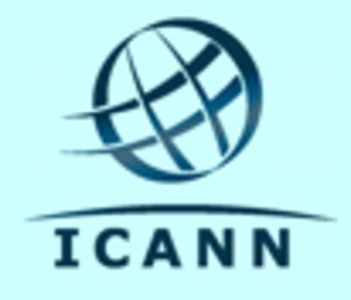
The Wall Street Journal reports that the Internet Corporation for Assigned Names and Numbers (ICANN) is considering sweeping changes to the way top-level domains (TLDs) are assigned. Under this newly proposed plan, any organization could apply for any top-level domain (ICANN calls these new domain names generic TLDs). Google, for example, could get a .google domain, or Coke products might be found under .coke. If accepted, this would be the most significant modification of the TLD naming system yet.
Update: ICANN just approved these changes.
One interesting aspect of the new rule, according to the WSJ, is that general terms such as .news or .sports would also become available for registration.
The new rule proposes a $50.000 to $100.000 fee for the registration of one of these new domain names, effectively restricting their availability to larger organizations.
This new plan would have a number of ramifications, but maybe most importantly, the domain name speculation business is going to be changed forever. Most interesting and generic .com names have long been taken. The new system, however, will bring an abundance of new domains, which might drive down prices for .com domains. This is surely going to upset a lot of speculators, as Chris Morrison also points out on VentureBeat. Right now, speculators can hoard interesting domain names and auction them off for millions of dollars (business.comsold for around $350 million).
Will Consumers Care?
In the past, ICANN slowly added a number of new top-level domains such as .info, .mobi, .travel, .coop, or .asia. None of these gained a lot of mind-share among consumers and can often be bought at a discount because demand for them is so low. For the average Internet user, .com is the only domain on the Internet, with only .edu, .gov, .org, and .net having some traction as well. Not coincidentally, these (together with .mil) were also the first TLDs available on the net.
The question is if these generic TLDs will be more successful. If consumers didn’t adapt to .info, will they adapt to .coke? The .com domain has become so ingrained in our Internet culture that it has practically become synonymous with domain names and the Internet as a whole.
While some web services like del.icio.us were able to attract a considerable amount of users with their idiosyncratic domains, even del.icio.us finally bought delicious.com when it started attracting more mainstream users.
It looks like these questions might get answered pretty soon. Judging from ICANN’s timeline for the introduction of generic TLDs, we could start seeing them as early as Q2 of 2009.










